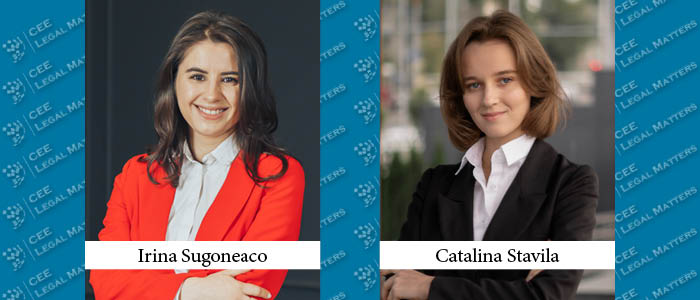On 21 December 2023 the Moldovan Parliament adopted significant amendments to the Law No.77/2016 on Information Technology Parks („IT Parks Law”) positioning Moldova as an attractive destination for Business Process Outsourcing (BPO). These amendments notably extend the eligibility criteria for IT Park residents, offering particular advantages to export-oriented BPO service providers.
Effective from 12 February 2024, call centre activities (82.20), including those based on any technology/customer communication channel (contact centre), exclusively for export, and other human resources provision (78.30), exclusively for export are deemed eligible core activities for the IT Park residents.
The above amendments are aimed to apply to businesses engaged in call centre activities (class 82.20), rendering them eligible to become IT Park residents. However, the second form of business activity (human resources provision) has raised some uncertainties.
According to the Moldovan Classifier of Economic Activities (CAEM REV-2), class 78.30 (Other human resources provision) includes the activities of providing human resources for client businesses. This class refers to the employer of record for the employees on matters relating to payroll, taxes, and other fiscal and human resource issues. On the other hand, the employment of record (EOR) activity lacks regulation under Moldovan laws, adding complexity in classifying businesses under class 78.30. This becomes particularly important when assessing the eligibility of businesses for inclusion in Moldovan IT Parks.
But what specific advantages do these amendments bring to BPO service providers? Below we will outline the key features of Moldova IT Park, the first and only IT park created in the Republic of Moldova.
Moldova IT Park operates as a virtual platform aimed at fostering investment and the development of IT businesses, research, development, and digital innovation. This virtual setup enables Moldova IT Park residents to conduct the operations from any location in Moldova.
Single Tax Rate
One of the key attractions for IT Park residents is the application of a single 7% tax on sale revenues. This single tax shall replace various taxes, including:
- the corporate income tax (CIT), at the ordinary rate of 12% of taxable income;
- the salary income tax, at the rate of 12% withheld and paid by the employers;
- the social security contributions, amounting to 24% of the employee’s salary for private sector employers;
- the mandatory health insurance premiums, amounting to 9% of the employee’s salary;
- all applicable local taxes;
- real estate tax; and
- road tax for vehicles registered in Moldova.
The IT Park streamlined tax regime not only simplifies the fiscal landscape for IT Park residents but also reduces the complexities associated with navigating and complying with diverse taxes. The minimum single tax amount per employee is set at 30% of the national average projected monthly salary (in 2024 – MDL 13,700 [ca. EUR 700]).
Long-term Stability
Under the same amendments to the IT Parks Law, all IT Parks residents shall benefit of the single 7% tax rate until the year 2035. This right guarantees all IT Parks residents a stable tax environment for an extended period, irrespective of potential subsequent legislative amendments by the Parliament seeking to amend or cancel the current single tax rate or its structure.
Despite the highlighted uncertainties, the recent amendments to the IT Park Law offer a simple and cost-effective solution for foreign businesses seeking to legally employ Moldovan residents. This can be achieved:
- without establishing a subsidiary in Moldova, through contracting a third-party EOR or
- by setting up a subsidiary in Moldova, to structure a Shared Services arrangement.
By Irina Sugoneaco, Senior Associate, and Catalina Stavila, Associate, Gladei & Partners
















